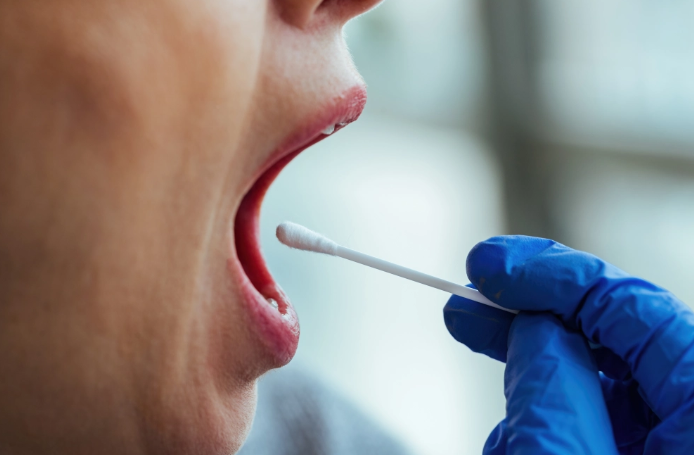How Saliva Tests Are Changing Disease Detection
SCIENCEALL BLOGS


Imagine diagnosing cancer, COVID, or even heart disease, with nothing more than a drop of spit.
It sounds futuristic, but it’s already happening. Saliva tests are becoming one of the most powerful tools in modern medicine, and they’re changing how we detect disease faster, cheaper, and often without a single needle.
What’s in Saliva, Anyway?
You might think saliva is just water and enzymes, but it actually contains:
DNA and RNA
Hormones (like cortisol)
Proteins and enzymes
Antibodies
Pathogens (like viruses and bacteria)
These biomarkers tell scientists a lot about what’s going on inside your body without needing blood or tissue samples.
Real Science: Saliva as a Diagnostic Tool
1. COVID-19 Testing
During the pandemic, saliva-based PCR tests became an easy, accurate way to test for the virus.
A 2021 study in The New England Journal of Medicine showed that saliva tests were nearly as accurate as nasal swabs with less discomfort and risk.
2. Cancer Detection
Researchers at UCLA developed a saliva test that can detect early signs of oral and lung cancer by analyzing RNA fragments and specific proteins.
3. Heart Disease Biomarkers
Saliva tests are being developed to detect inflammatory markers like CRP and myeloperoxidase (MPO) both linked to heart attack risk.
Early detection = earlier intervention = lives saved.
4. Hormone Testing
Saliva is already used to measure:
Cortisol (stress hormone)
Testosterone and estrogen
Melatonin (sleep cycles)
These tests help doctors evaluate adrenal health, stress, fertility, and sleep disorders.
Limitations to Know While saliva tests are powerful, they’re not perfect (yet):
Saliva concentrations of some markers are lower than in blood, so highly sensitive tech is needed.
There’s variation in saliva content based on hydration, time of day, or even food intake.
Not all diseases show up in saliva more research is still needed.
But the technology is improving fast with AI and microfluidics helping create ultra-sensitive chips that can read results from a single drop of spit.
What This Means for the Future of Medicine
Saliva-based testing could soon be used for:
Routine check-ups at home
Early cancer screenings
Heart disease prevention
Tracking chronic illness
Mental health hormone monitoring
In the future, your doctor might say: “Just spit here and we’ll know what’s going on.”
Final Thought
The same saliva that helps you digest food and taste pizza might one day save your life. By unlocking what’s in our spit, scientists are creating a future where healthcare is faster, smarter, and more personal no needles required.